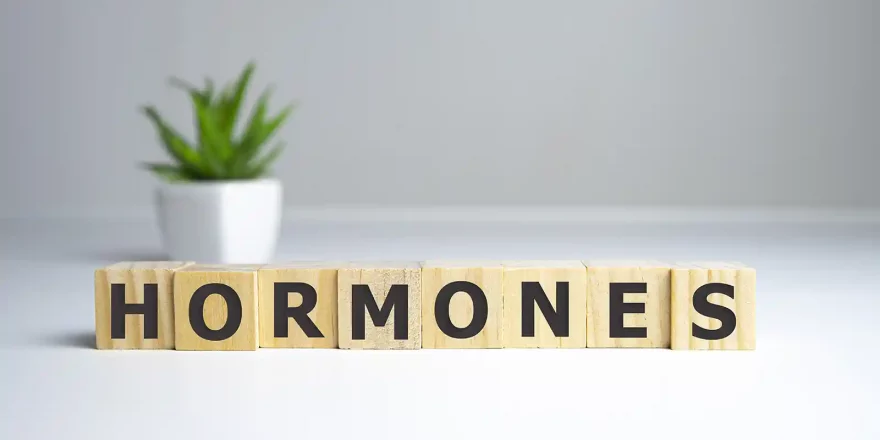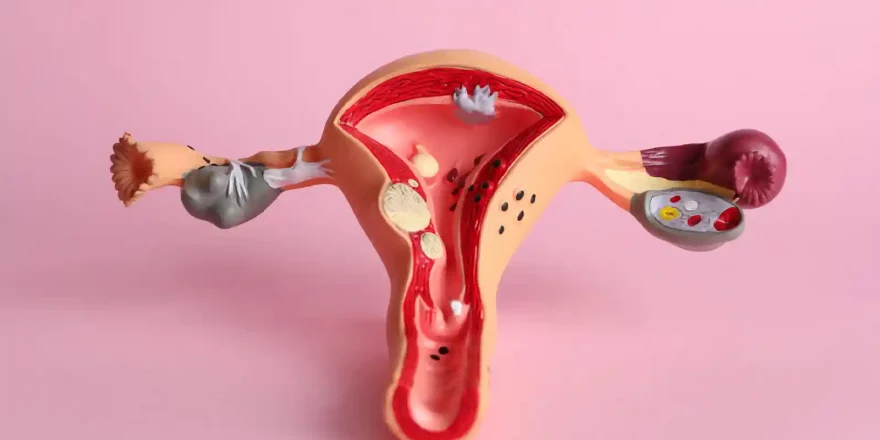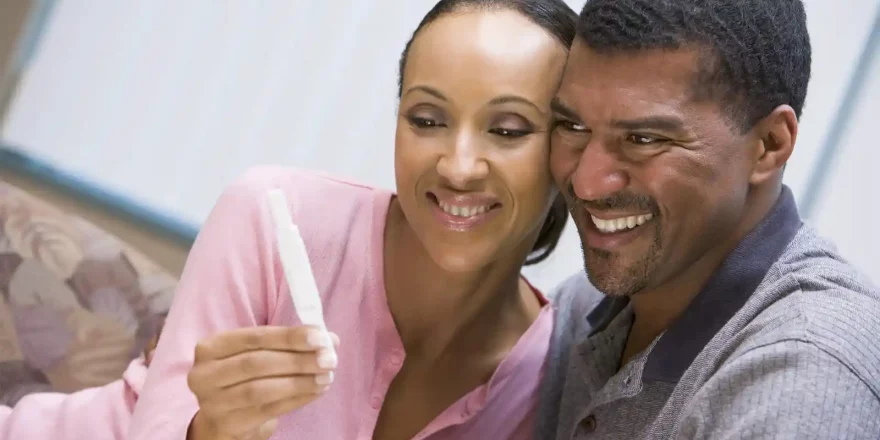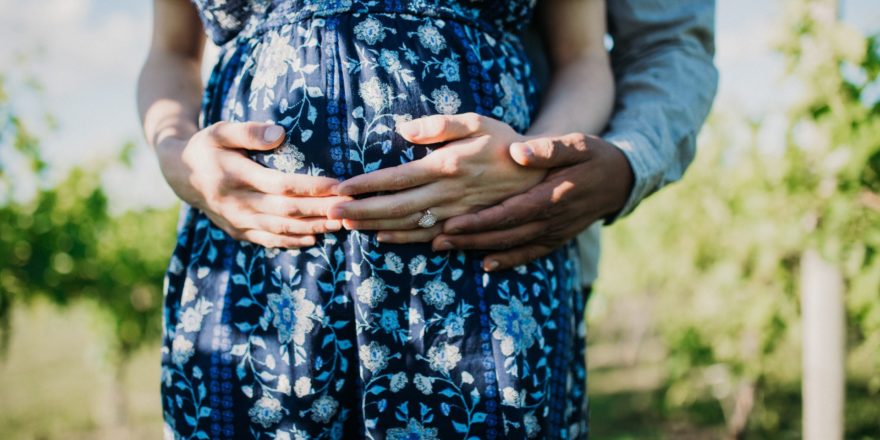Lifestyle Factors are all about managing what you have, rather than excluding or making dramatic changes. It’s possible to directly change five of the six factors, which then alter the impact of the sixth (age) on fertility levels. Lifestyle choices can dramatically improve or worsen health and fertility, and enhancing your health through lif...
Lifestyle Substances
Lifestyle Substances are things we can adjust how much we have in our lives. They all affect health and fertility, and managing how we engage with them is a lot easier once we know how they affect us, for better or worse. Not all the substances we list are bad; some drugs keep us alive, and supplements can be excellent at the right doses for ...
Health
Health explains everything about our reproductive organs and how they should work to create pregnancies, as well as the role of sex hormones, semen and sperm tests and what happens in pregnancy. This section also gives clear advice on how to maximise your chances of conceiving each month and what needs to happen for it to occur! Male Health...
Male Health
The morefertile® male health section covers men’s reproductive organs and how sperm are made in them, how male fertility is changing, and the different ways to check the chances of a man fathering a child naturally. Male fertility is closely related to health and wellbeing, which is a core part of the morefertile® personal fertility prof...
Hormones
hormones
Eggs & Organs
Eggs and organs explain how egg numbers are crucial to female fertility, how they’re stored in tiny follicles since birth, and are “woken up” to start a 13-month journey to ovulation. Very few are ovulated, but when they are, the Fallopian tubes must be able to support and transport an embryo to the uterus, which is ready to ...
Female Health
There are four sections to the morefertile® female health section, which cover how women’s organs of fertility should work, hormones, pregnancy and how to get pregnant quicker. These form the basis of any discussion about fertility and getting pregnant: 1. Eggs and Organs Uterus and Fallopian tubes Eggs and follicles Eggs and age ...
First Trimester
The first trimester covers the first three months, from conception to the 13th week. During this time, Mum’s body needs to make significant adjustments to accommodate the pregnancy as the baby goes from a simple ball of cells to having all essential organs and structures. Things to do after (and before) you get pregnant Stop smoking and...
Second Trimester
The second trimester starts in week 13 and ends in week 26, and it’s a time of rapid growth for the baby. All the major structures and organs were organised in the first trimester, progesterone production has shifted from the corpus luteum to the placenta, and building on these foundations is now the primary aim. The baby’s brain c...
Estrogen and Progesterone
Estrogen and progesterone are the two main female sex hormones, and they’re made by specialised cells in the ovaries. The changing levels of these two steroidal hormones determine the length and health of a woman’s menstrual cycle by altering: The function of the ovaries Growth and receptivity of the uterus lining Shape and functi...










